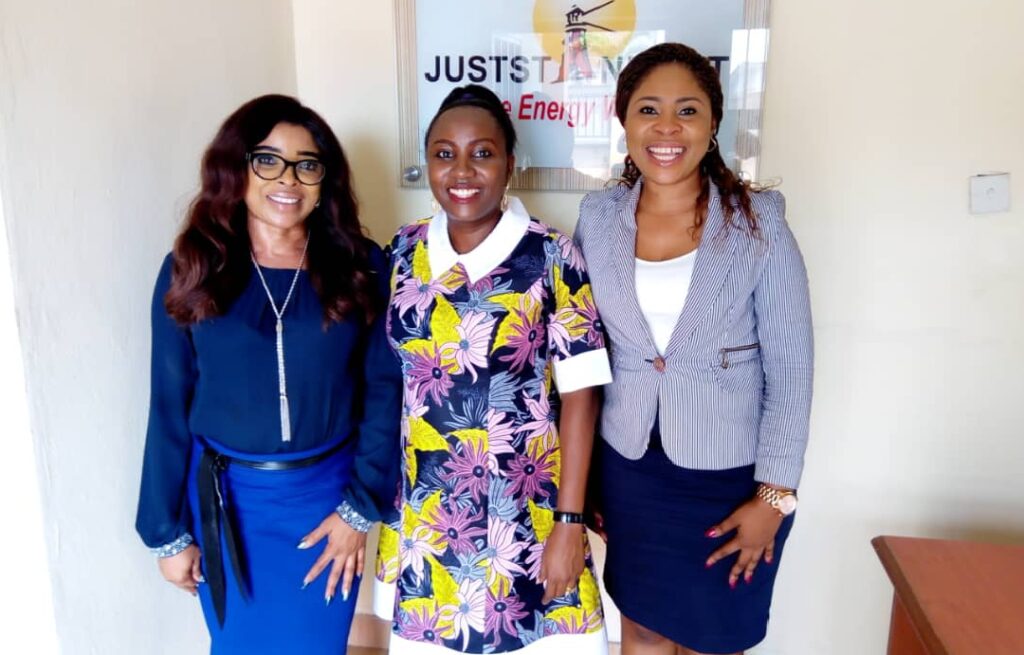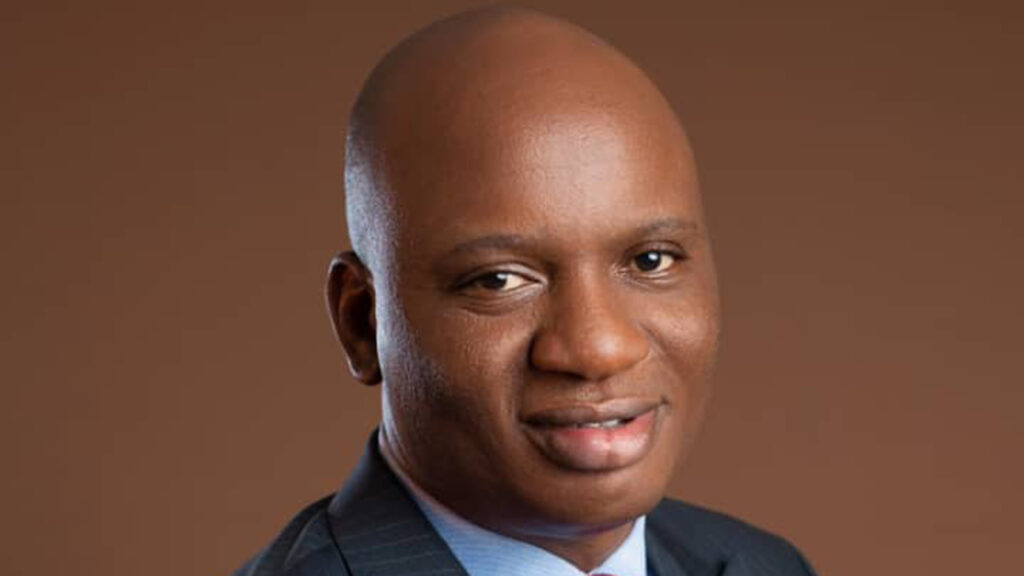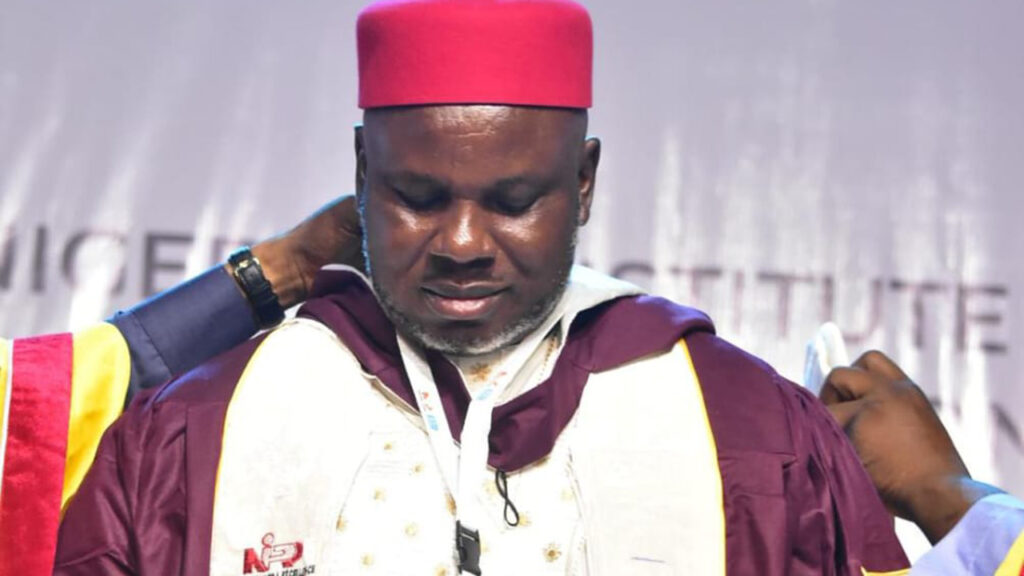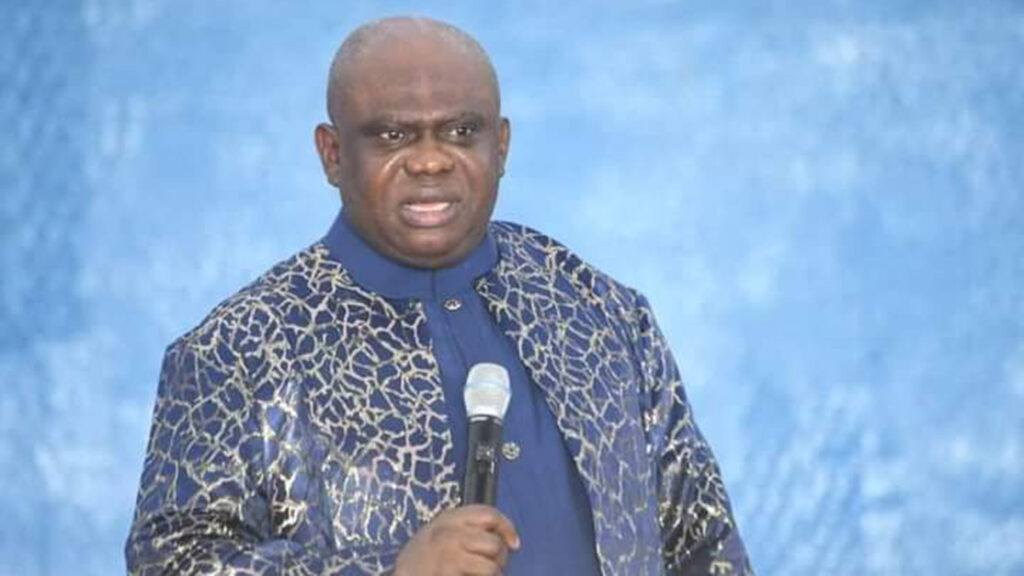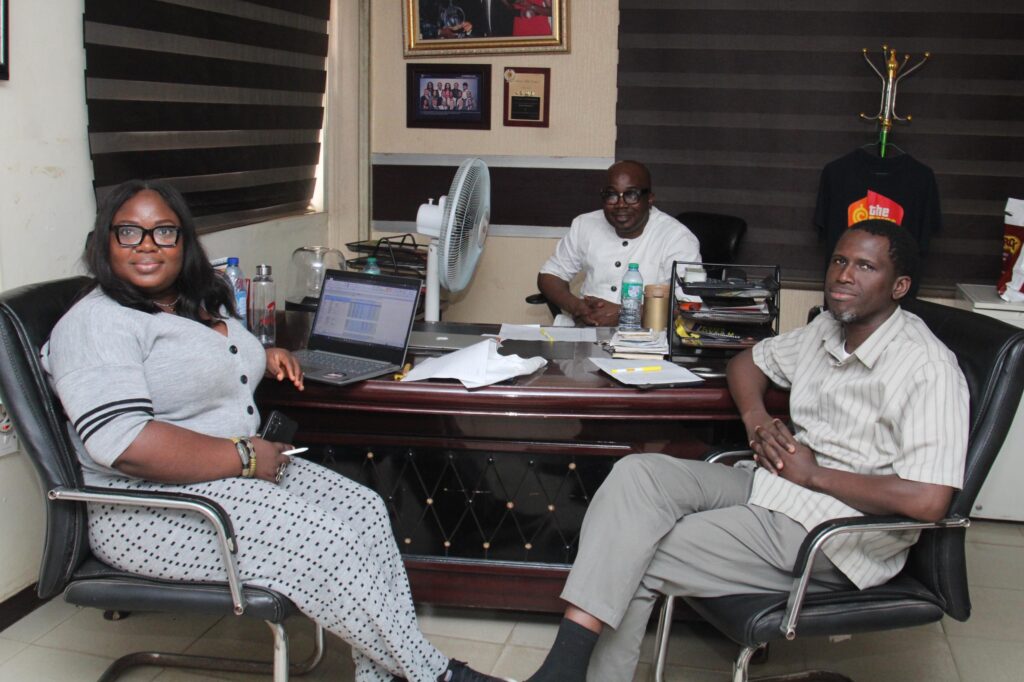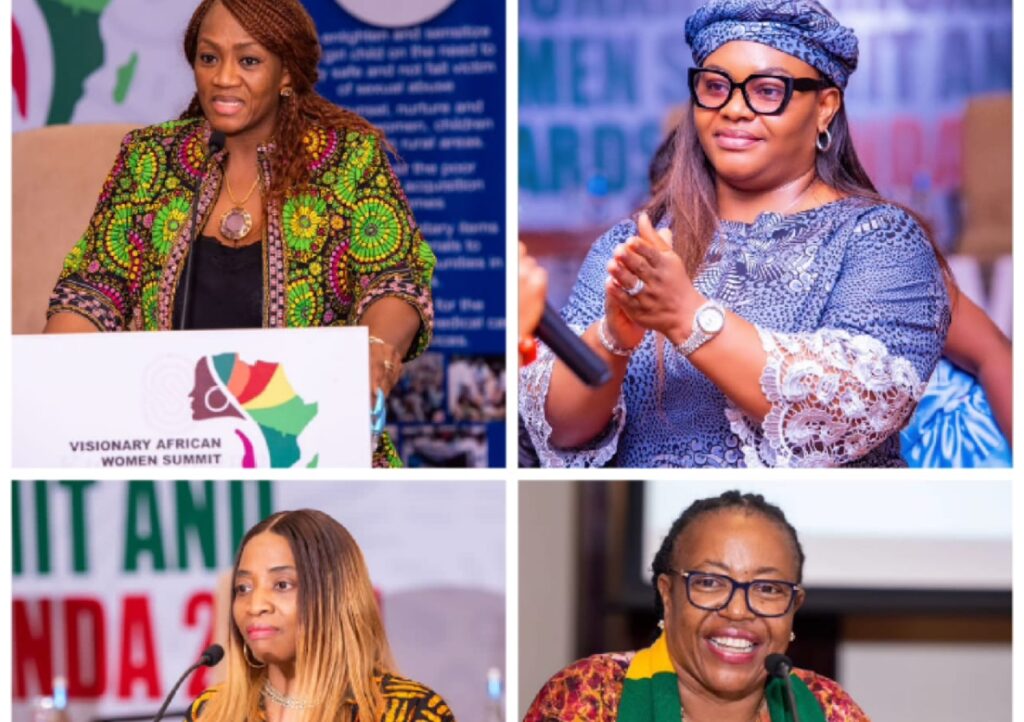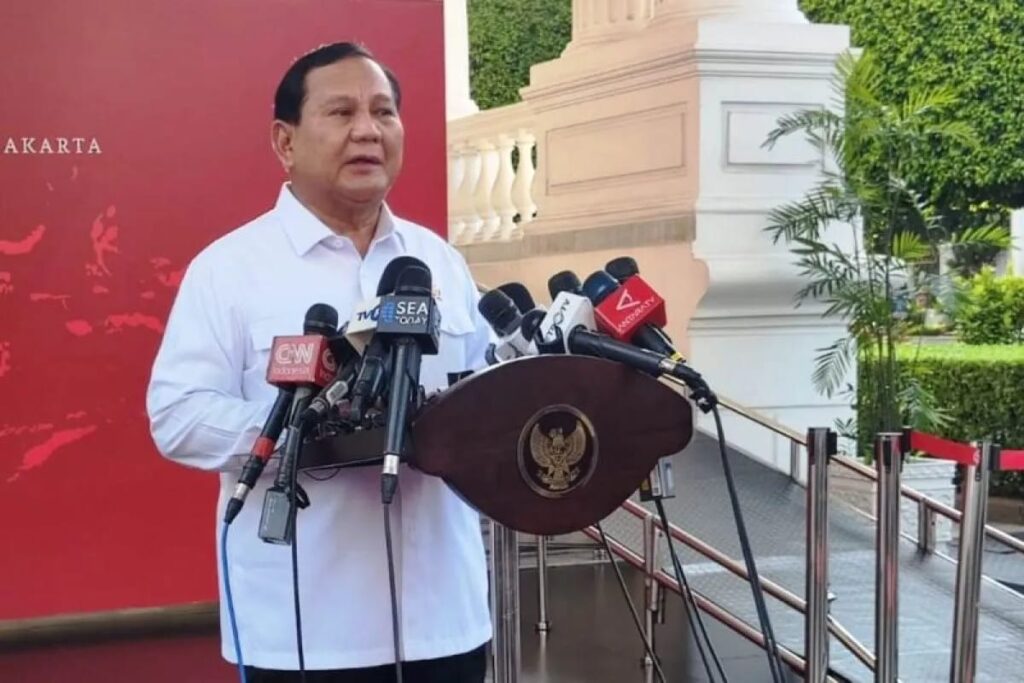In a bold move to address Nigeria’s energy challenges, especially as it affects small businesses, a renowned Business Analyst, Judith Nwoke has visited a leading renewable energy firm, Juststandout Ltd., where she advocated for increased energy access for small business owners in the country.
The visit highlights the critical role sustainable energy solutions play in fostering economic development and improving the quality of life for millions of Nigerians in the SME cycle.
According to the International Energy Agency (IEA), over 140 million people in Nigeria, representing approximately 71% of the country’s population, lack access to modern energy services.
This includes electricity, clean cooking facilities, and modern fuels.
Lack of access to energy also has a negative impacts on health, education, and economic development.
In rural areas, families depend on kerosene lamps for lighting and firewood for cooking, both of which pose health hazards and environmental risks.
The absence of reliable electricity also hampers educational opportunities, as students struggle to study in poorly lit conditions.
For small business owners, inconsistent energy supply also implies difference between growth and stagnation, as they are unable to power essential equipment or maintain regular business hours.
During her visit to the renewable energy firm, Nwoke emphasized the importance of sustainable energy solutions in empowering small businesses. She highlighted the potential of renewable energy to provide reliable and affordable power, which is crucial for the growth and sustainability of small enterprises.
“Energy access is not just a basic need; it is a fundamental driver of economic development,” Nwoke stated.
She added, “For small business owners, having reliable energy means increased productivity, better services, and more growth opportunities. We must support initiatives that aim to provide sustainable energy solutions to those who need it most.”
Nwoke’s advocacy is particularly timely as Nigeria continues to grapple with energy poverty. By partnering with renewable energy firms, she aims to create pathways for small businesses to thrive, thereby contributing to the broader economic development of the country.
Renewable energy sources such as solar, wind, and hydro have the potential to transform Nigeria’s energy landscape.
These sources are not only sustainable but also more accessible and cost-effective in the long run compared to traditional fossil fuels. By investing in renewable energy infrastructure, Nigeria can reduce its reliance on expensive and polluting energy sources, while simultaneously addressing the energy needs of its population.
Nwoke also used the opportunity of the visit to tour the firm’s facilities and engaged with its MD, Mrs. Owen Inyang to discuss potential collaborations and strategies for expanding energy access to underserved communities.
She was particularly interested in the firm’s off-grid solar solutions, which have been successfully implemented in several rural areas, providing reliable electricity to homes and businesses.
“Renewable energy is a game-changer for many communities in Nigeria,” Nwoke observed.
“It offers a sustainable solution to the energy crisis and has the potential to improve the livelihoods of millions of people. By supporting renewable energy initiatives, we can make a significant impact on the economic and social development of our country.”
Nwoke also highlighted the broader impacts of energy access on health and education. Without reliable energy, healthcare facilities struggle to provide essential services, especially in rural areas. Electricity is crucial for powering medical equipment, preserving vaccines, and ensuring proper lighting for medical procedures.
Similarly, the lack of energy access affects educational outcomes. Schools without electricity cannot utilize modern teaching tools or provide adequate lighting for students to study. This creates a significant barrier to learning and limits the potential of young people.
“Energy access is a cornerstone of development,” Nwoke explained. “It affects every aspect of life, from health and education to economic opportunities. Ensuring that everyone has access to modern energy services is not just an economic imperative; it is a moral one.”
Nwoke’s visit to the renewable energy firm marks the beginning of what she hopes will be a series of collaborations aimed at expanding energy access across Nigeria. She plans to work closely with renewable energy providers, government agencies, and non-profit organizations to develop and implement strategies that address the energy needs of small business owners and other underserved populations.
“Collaboration is key to solving the energy crisis in Nigeria,” Nwoke emphasized. “By bringing together different stakeholders, we can develop comprehensive solutions that meet the needs of our communities and drive sustainable development.”
Nwoke’s advocacy efforts are expected to garner significant attention and support, as more people recognize the critical role of energy access in fostering economic growth and improving quality of life. Her visit to the renewable energy firm is a testament to her commitment to driving change and making a positive impact in Nigeria.
As Nwoke continues her work, she remains optimistic about the future. “There is great potential for renewable energy to transform our country,” she concluded. “With the right investments and collaborations, we can ensure that every Nigerian has access to the energy they need to live healthy, productive, and fulfilling lives.”

